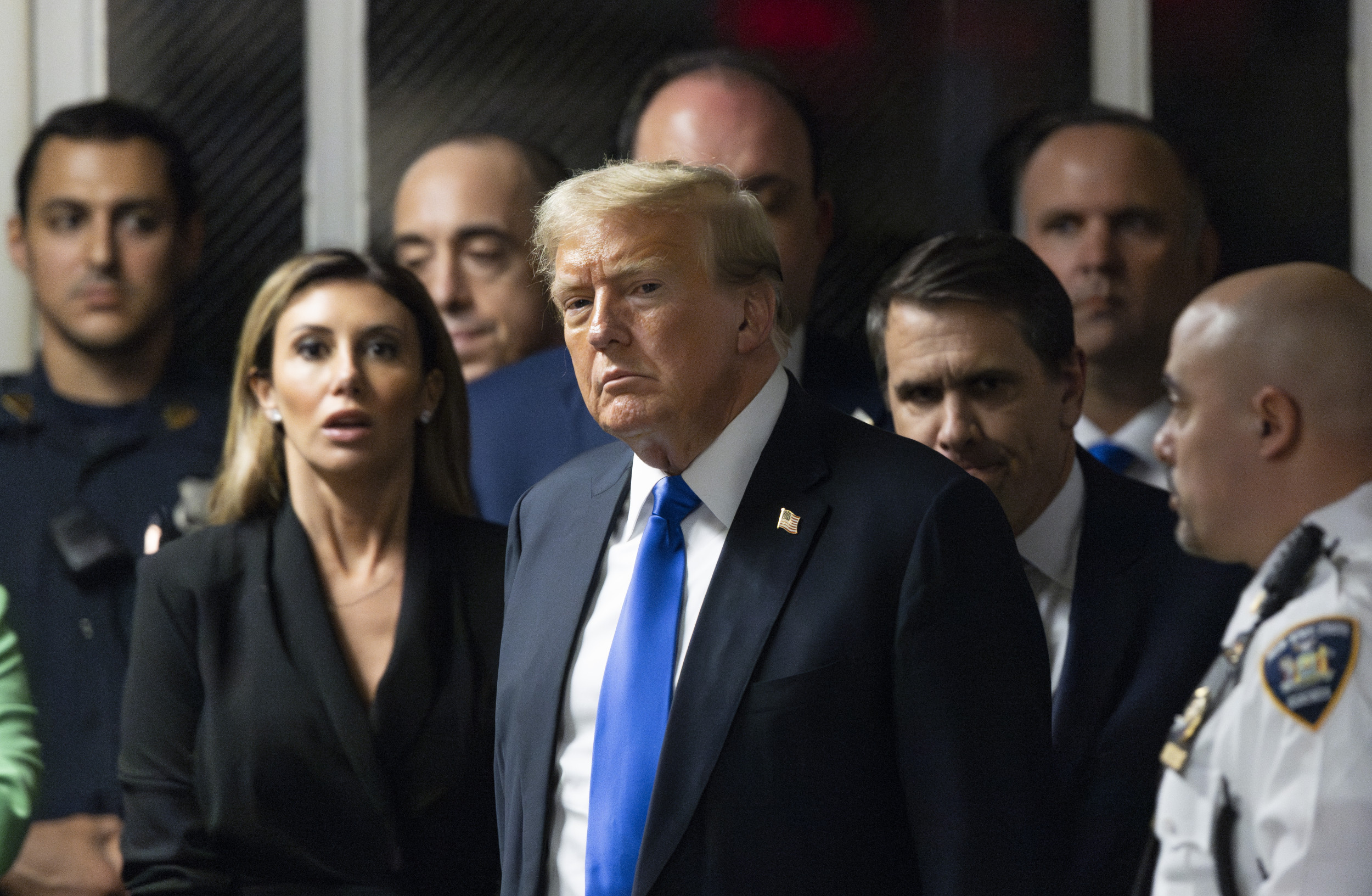Ronald Reagan, unlike all but 10 or so Presidents, was a world figure whose career will interest historians for centuries, and centuries hence his greatness will be, and should be, measured primarily by what happened in Europe, as a glorious echo of his presidency, in the three years after he left the White House. What happened was the largest peaceful revolution in history, resulting in history's largest emancipation of people from tyranny--a tyranny that had deadened life for hundreds of millions of people from the middle of Germany to the easternmost of Russia's 11 time zones.
However, Reagan will also be remembered for his restoration of American confidence that resulted in a quickening tempo of domestic life. During his first term, the most remarkable run of wealth creation in the history of this or any other nation began. Arguably, it began with a seemingly unrelated event in the first year of his first term.
In 1981, when the nation's air-traffic controllers threatened to do what the law forbade them to do--strike--Reagan warned that if they did they would be fired. When they struck in August, Reagan announced that the strikers would be terminated in two days. By firing the controllers, Reagan, the only union man--he had been head of the Screen Actors Guild--ever to be president, destroyed a union, the Professional Air Traffic Controllers Organization (PATCO). This has often, and not incorrectly, been called a defining episode of the Reagan presidency because it notified foreign leaders, not least those of the Soviet Union, that he said what he meant and meant what he said.
But now, more than two astonishing decades on, it also is reasonable to conclude that Reagan's fracas with the controllers had huge economic consequences, domestic and foreign. It altered basic attitudes about relations between business and labor in ways that quickly redounded to the benefit of the nation, and not least the benefit of American workers. It produced a cultural shift, a new sense of what can be appropriate in business management: layoffs can be justifiable even when a company is profitable, if the layoffs will improve productivity and profitability. Within a few years, both AT&T and Procter & Gamble, although quite profitable at the time, implemented large layoffs, without arousing significant protests.
Reagan's action against the air-traffic controllers came on the eve of the explosive growth of information technologies, and some astute people, including Alan Greenspan, believe that Reagan's action facilitated that growth.
Since 1981, labor in America has prospered because it is less protected. In theory, it might seem that since the showdown with PATCO, business's informal protocol about layoffs must have resulted in rising unemployment. The reverse has happened. In the post-PATCO climate of business operations, employers have been more inclined to hire because they know that if the hiring proves to be improvident, those hired can be discharged. The propensity to hire has risen much more than the propensity to fire. In all of America's post-Civil War era of industrialization, unemployment has never been as low for as long as it has generally been in the years since the extraordinary expansion that began during Reagan's first term.
Although Reagan entered politics late, running for governor of California at the age of 55, and entered the White House a few weeks shy of his 70th birthday, older than any other president when elected, he lived so long after leaving office that his tenure already has been subject to striking vicissitudes of historical judgment. Nothing is so irretrievably lost to a society as the sense of fear it felt about a grave danger that was subsequently coped with. So in measuring Reagan's greatness, insufficient attention is now given to his longheadedness and toughness in putting the Soviet Union on the path to extinction. This is particularly so because the intelligentsia likes nothing less than giving Reagan credit, and so has embraced the theory that the Soviet Union's extinction was an inevitability that just happened while Reagan was standing around.
So as memories of the Cold War fade, Reagan is remembered more for the tax cutting and deregulating that helped, with the information technologies, to shift the economy into a hitherto unknown overdrive. But the truth is that Reagan always thought that winning the Cold War and revving up the American model of wealth creation were parts of the same project. That project was to convince the watching world that the American social and political model--pluralism, the rule of law, allocation of wealth and opportunity mostly by markets and maximum diffusion of decision making--is unrivaled. To the extent that anything in history can ever be said to be completed, that project has been.
Reagan always believed that the world was watching America. Indeed, he thought the point of America was to be watched--to be exemplary. Hence the complete sincerity of his reiterated references to the City on the Hill. And when the democratic revolution against communism came, Tiananmen Square in Beijing and Wenceslas Square in Prague and points in between rang with the rhetoric of America's third and 16th presidents. The 40th president was not surprised.
Uncommon Knowledge
Newsweek is committed to challenging conventional wisdom and finding connections in the search for common ground.
Newsweek is committed to challenging conventional wisdom and finding connections in the search for common ground.





